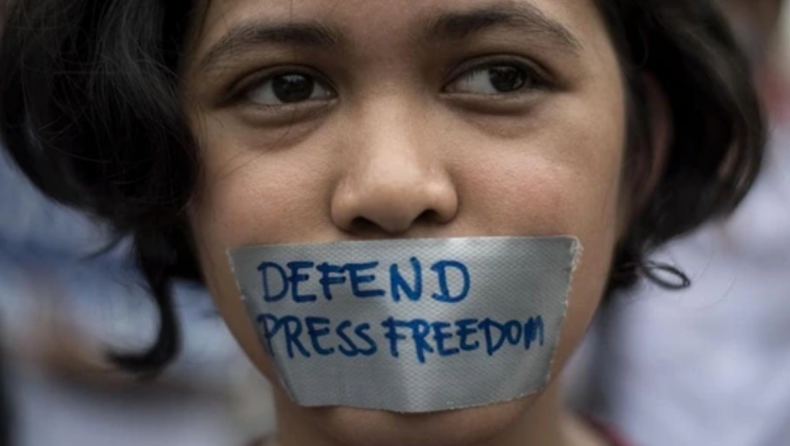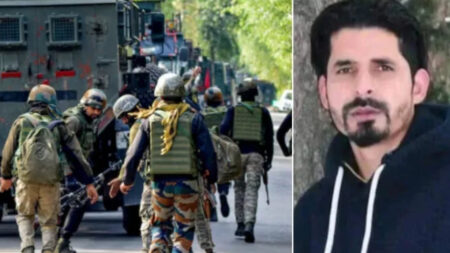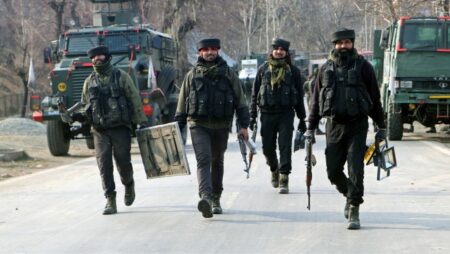World Press Freedom Day, which will be observed on May 3, 2022, has raised several questions that have previously been voiced but ignored. Freedom of speech is a critical component of democracy, and many countries, including India, have failed to practice it.
The World Press Freedom Index measures journalists’, news analysts’, and internet users’ freedom in each country. Unfortunately for India, the ranking has been steadily declining. In 2010, India was ranked 122 out of 180 countries, but dropped to 132 in 2012 and 2021, then to 142 out of 180 in 2021, and finally to 150 this year.
Reporters Sans Frontiers (RSF), a Paris-based organisation, calculates the World Press Freedom Index, which highlights the level of independence media transmission has in a country. Pluralism, Media Independence, Environment and Self-Censorship, Legislative Framework, Transparency in Information Sourcing, Infrastructure for Information Production, and Abuses or Assaults on Journalists in the Field are the seven parameters used to calculate the findings.
Indian outline of journalism map
Censorship, the termination of the Press Council of India, and the incarceration of journalists were all part of Indira Gandhi’s national emergency, which lasted 21 months. The incumbent Prime Minister, Narendra Modi is no exception as he has criminalized journalism on a scale not seen since 1977, utilising administrative tactics to render the (now mostly useless) Press Council ineffective.
Free Press Day in India is also seen as the 575th day of Siddique Kappan’s detention in Uttar Pradesh for a piece he never got to write on the gang rape and murder of a Dalit lady in Hathras. This is the third month that Kashmirwalla editor Fahad Shah has been imprisoned in Srinagar, and the fourth month that freelance reporter Sajad Gul has been imprisoned by the Jammu and Kashmir authorities in a similar fashion.

A police officer attacks journalists in Srinagar, in India-administered Jammu and Kashmir, on August 17, 2021
The Public Safety Act (PSA) is a preventive detention statute that allows a person to be held without charge or trial for up to a year. The PSA also permits for revolving door detentions: as soon as the year is up, the suspect can be arrested again under the Act.
In a recent interview, the minister of state for information technology discussed the government’s plans to modify the Information Technology Act of 2000 to allow for more sweeping controls than the constitution allows.
Others on the list
China was placed 177th out of 180 countries, whereas Pakistan, Bangladesh, and Sri Lanka were ranked 145th, 152nd, and 127th, respectively. Norway, Finland, Denmark, Sweden, and the Netherlands were among the countries with the most press freedom in the world.
Norway (1st), Denmark (2nd), Sweden (3rd), Estonia (4th), and Finland (5th) took the top spots this year, while North Korea remained at the bottom of Reporters Without Borders’ list of 180 countries and territories.
Assaults on Journalists
“While employment insecurity has grown, so have attacks on press freedoms seen an exponential surge,” three Indian journalist organisations said in a joint statement in response to the RSF 2022 World Press Freedom Index. India does not stage well in this regard, ranking 150th out of 180 nations in RSF’s World Press Freedom Index.
Those who dare to question the government’s philosophy are frequently labelled anti-Indian, according to RSF. In a report released in 2021, the Committee to Protect Journalists (CPJ), an American non-profit, non-governmental organisation, stated that four journalists were murdered and six were jailed on ‘anti-state accusations.’ Furthermore, according to the CPJ’s 2021 prison census, 293 journalists were imprisoned around the world for their work.
Published by: Aditya Negi
Edited by: Khushi Thakur













